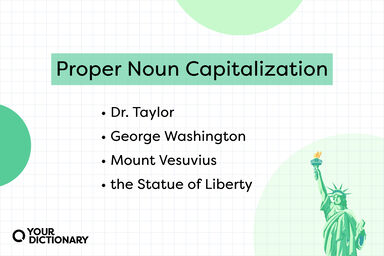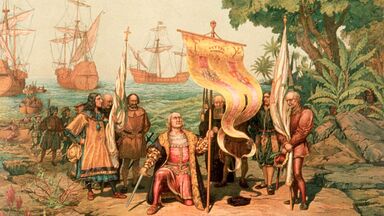This he now endeavoured to embody in Der fliegende Hollander, for which he designed a libretto quite independent of any other treatment of the legend.
The step from Rienzi to Der fliegende Hollander is without parallel in the history of music, and would be inexplicable if Rienzi contained nothing good and if Der fliegende Hollander did not contain many reminiscences of the decline of Italian opera; but it is noticeable that in this case the lapses into vulgar music have a distinct dramatic value.
Moreover, the work was intended to be in one act, and is now so performed at Bayreuth; and, although it is very long for a one-act opera, this is certainly the only form which does justice to Wagner's conception.1 Spohr's appreciation of Der fliegende Hollander is a remarkable point in musical history; and his criticism that Wagner's style (in Tannhauser) " lacked rounded periods " shows the best effect of that style on a well-disposed contemporary mind.
When we listen to the free declamation of the singers at the outset of Der fliegende Hollander - a declamation which is accompanied by 1 The subsequent division into three acts, as given in all the published editions, has been effected in the crudest way by inserting a full close in the orchestral interludes at the changes of scene, and then beginning the next scene by taking up the interludes again.
With all its defects, Der fliegende Hollander is the most masterly and the least unequal of Wagner's early works.





